In the evolving landscape of events, the concept of hybrid gatherings has gained significant traction. Combining both in-person and virtual elements, hybrid events offer a versatile and inclusive approach to engagement. A key aspect of hosting a successful hybrid event is ensuring seamless communication for all participants, regardless of their location or language. In this blog, we will explore how to effectively utilize hybrid interpretation equipment to enhance the experience of in-person and attendees, fostering meaningful connections and enabling cross-border collaboration.
Understanding Hybrid Interpretation
Hybrid interpretation involves providing real-time language translation for both on-site and virtual attendees. This allows participants to access event content in their preferred language, overcoming linguistic barriers and facilitating a more inclusive environment. To harness the power of hybrid interpretation, it’s crucial to first comprehend the different types of interpretation equipment available and how they work.
Wireless Headsets and Receivers: These portable devices provide participants with real-time audio translation. Attendees can select their preferred language channel and adjust the volume, ensuring personalized and clear communication.
Speakers: Ensuring the selection of well-suited speakers for in-person attendees, enabling them to effortlessly listen to the predominant language, significantly enhances the seamless flow of the entire event.
Transmitter: Serving as the nexus between your audio mixer and receivers. The transmitter adeptly routes interpretation channels, guaranteeing the language delivery to all receiver users.
Interpreter Booths: For larger events, interpreter booths equipped with soundproofing and advanced technology enable interpreters to work efficiently, providing accurate translations to participants.
Remote Interpretation Platforms: Virtual attendees can easily access interpretation featured through web-based platforms like Zoom and MS Teams that offer live translation and language channels streamed directly to their devices.
Audio Mixer: The most important piece of equipment in your set up is an audio mixer. This controls and routes all of the interpretation channels to the right devices with the transmitter, controls what plays on the speakers, routes the audio from the microsphones of the in person and virtual speakers to the interpreters, virtual and in person attendees, and of course controls input and output volumes.
Preparation and Testing
Effective utilization of hybrid interpretation equipment requires thorough preparation and testing. Conduct technical rehearsals to ensure that all equipment is set up correctly, audio quality is optimal, and virtual participants can access interpretation channels without any glitches. Adequate testing helps prevent technical difficulties that could hinder the event’s success.
Clear Communication to Participants
Inform participants about the availability of interpretation services and how to access them. Provide clear instructions on switching language channels, adjusting volume, and troubleshooting common issues. Make this information easily accessible through event materials, signage, and digital platforms.
Monitoring and Feedback
During the event, establish a monitoring system to address any technical issues promptly. Designate a team member to oversee the interpretation equipment and assist participants as needed. After the event, gather feedback from attendees to assess the effectiveness of the interpretation services and identify areas for improvement.
Hybrid interpretation equipment holds the key to unlocking the full potential of your event by enabling seamless communication and fostering inclusivity. By understanding the different types of interpretation equipment, selecting the right tools, preparing thoroughly, collaborating with skilled interpreters, and engaging participants effectively, you can create a dynamic and enriching event experience that transcends geographical and linguistic boundaries. As hybrid events continue to shape the future of gatherings, mastering or finding a third-party company that knows how to utilize interpretation equipment effectively will be a valuable skill for event organizers seeking to create impactful and memorable experiences.
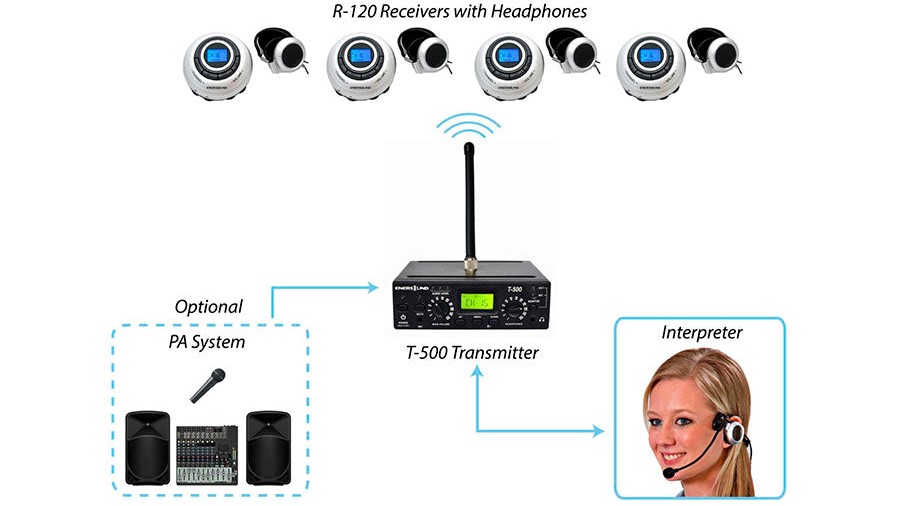
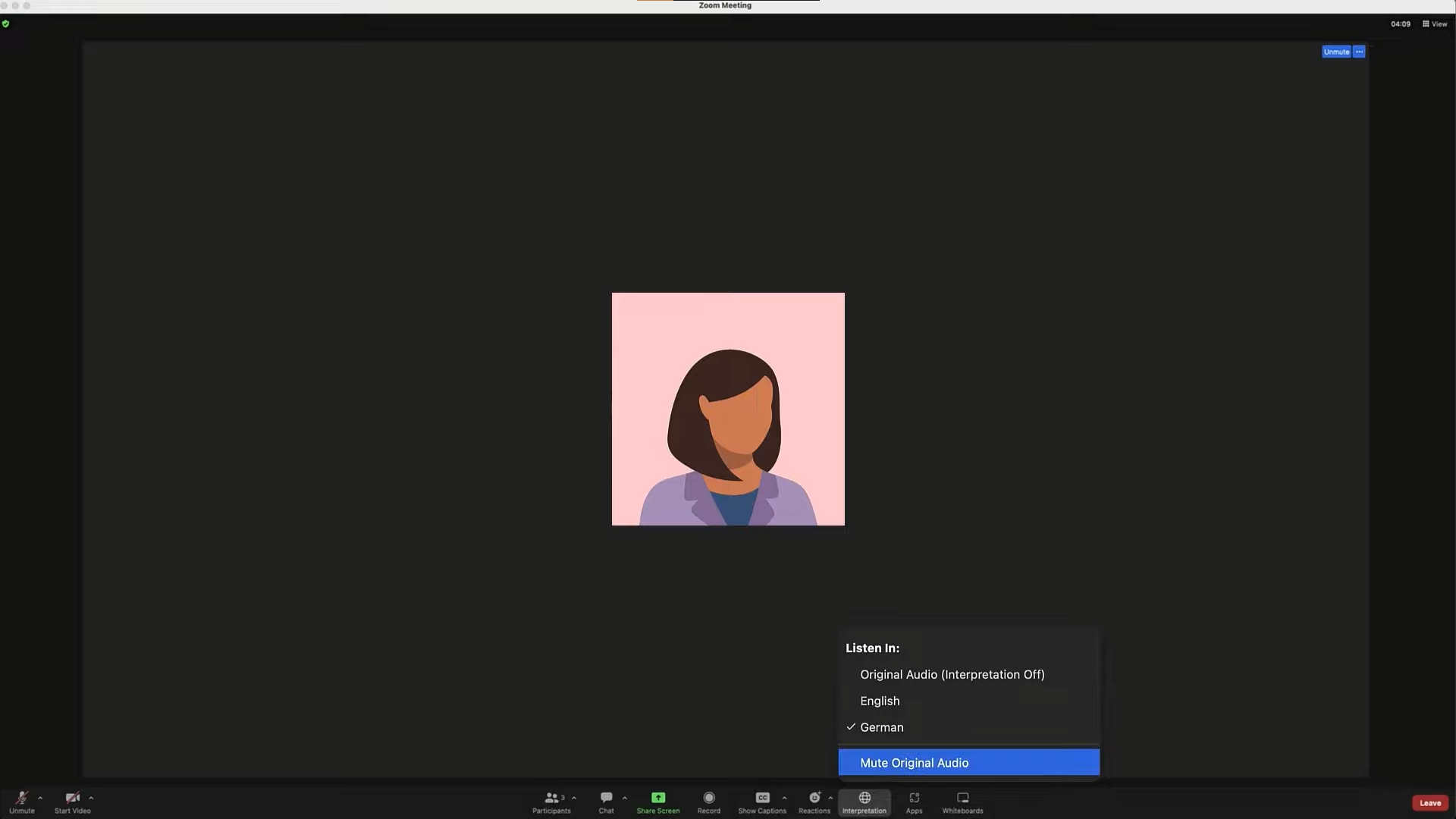
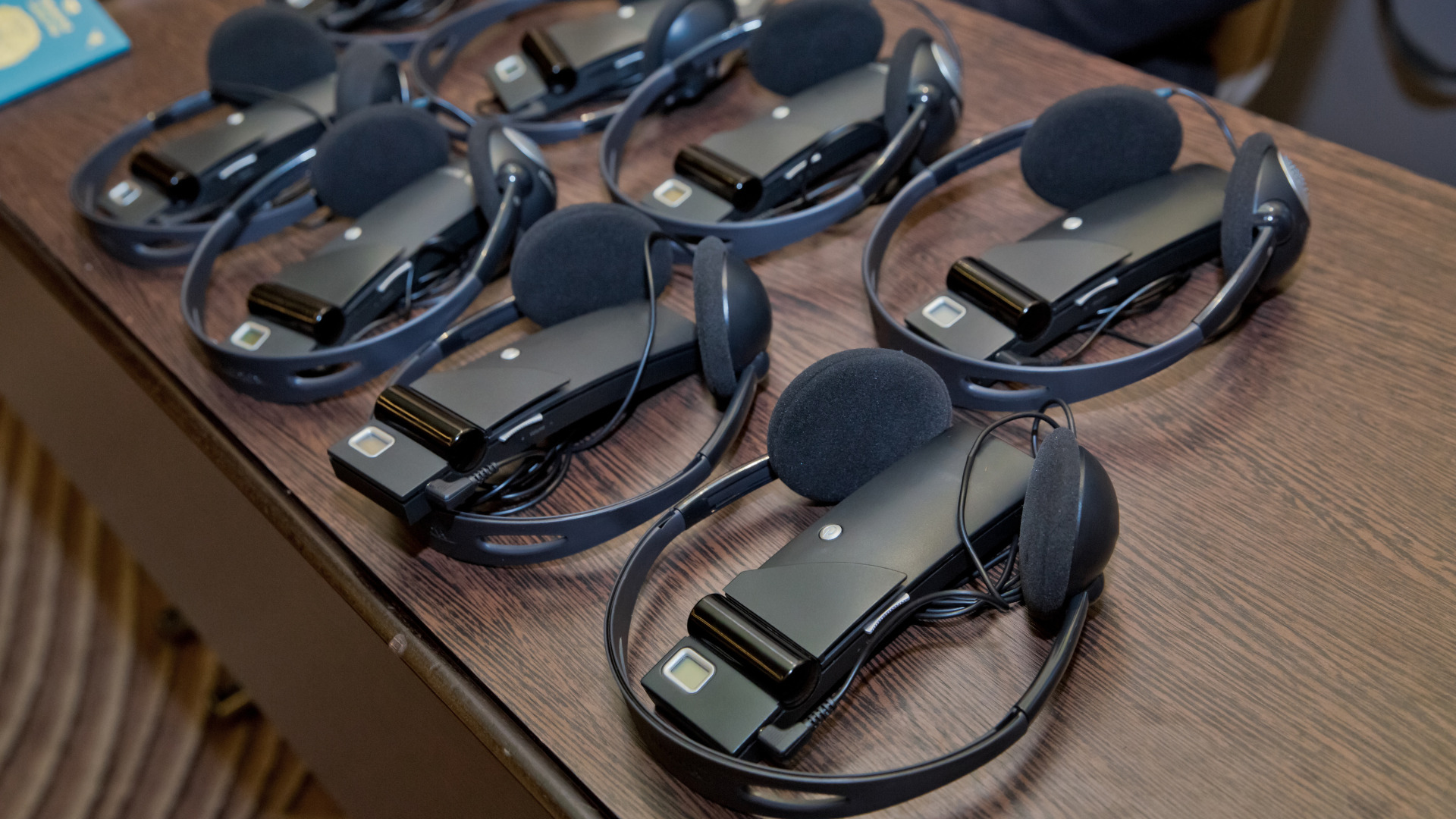
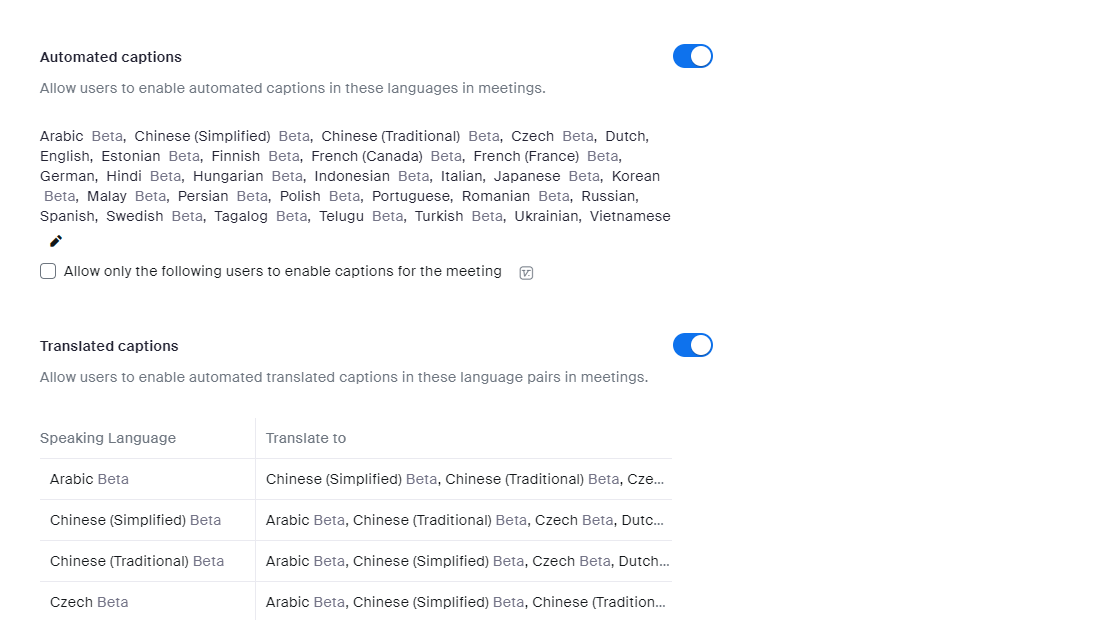

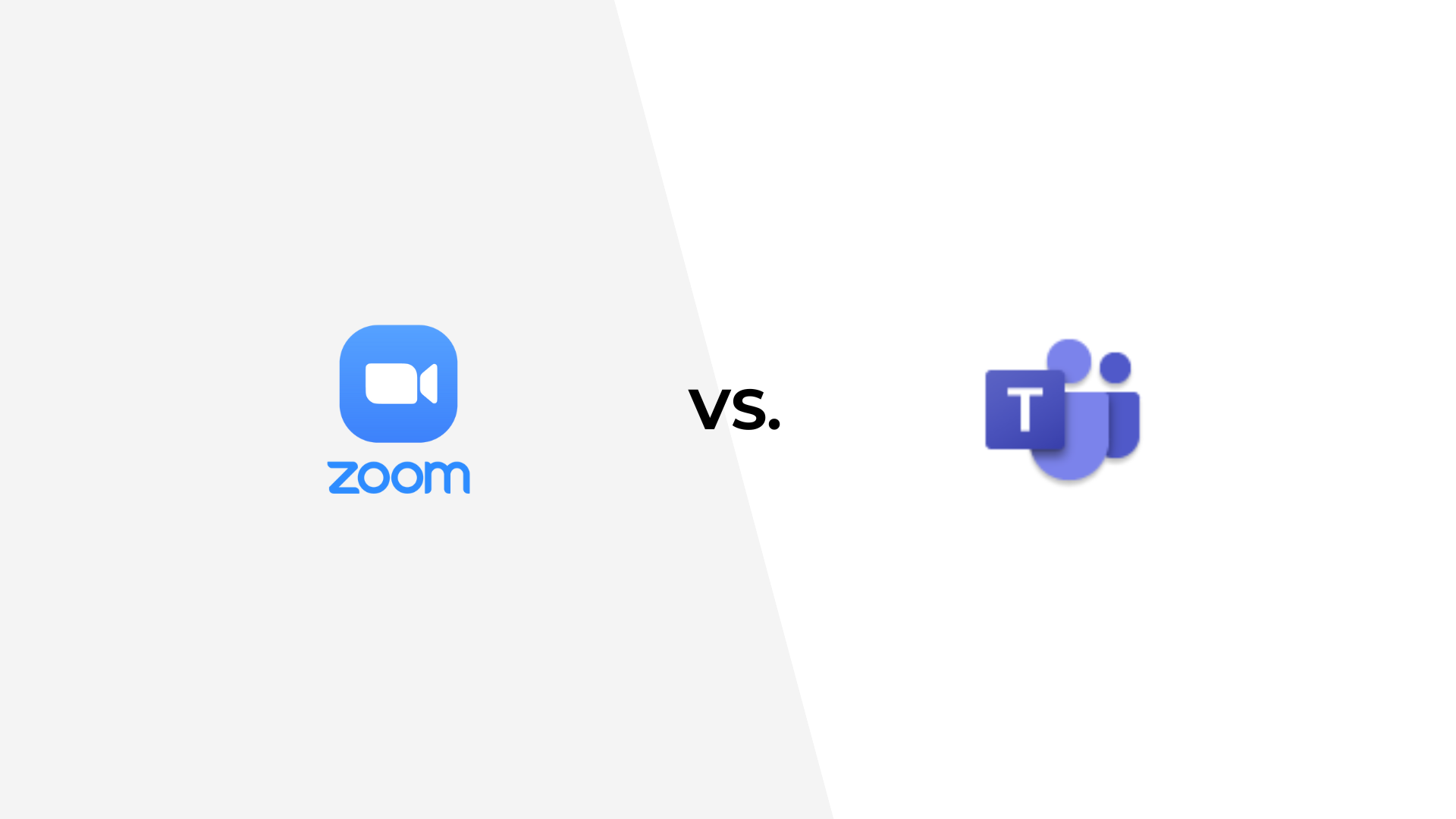
Subscribe To Our Newsletter
Join our mailing list to receive the latest news and updates from our team.
You have Successfully Subscribed!